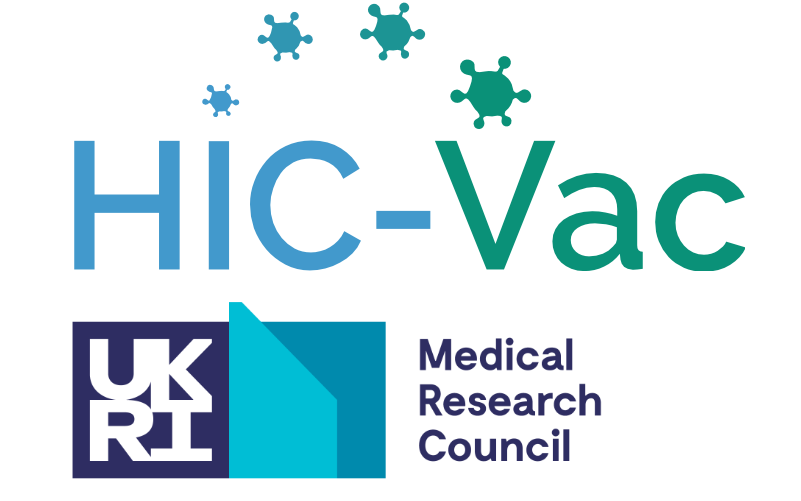The first human infection study with coronavirus was approved as being ethical by an independent Research Ethics Committee (find out more about Research Ethics Committees (RECs) and the Health Research Authority (HRA) approvals here). A REC is made up of experts from different backgrounds (for example doctors, clinical trial experts, and scientists) and members of the public.
Review by an ethics committee is one of a series of safeguards intended to protect people taking part in all clinical research studies. It is a thorough process and there are many principles that are considered during the review, including weighing up the benefits against the risks. Another important consideration is making sure the potential participants receive high-quality, comprehensive information about the study in a timely fashion. The information about the human infection study sent to and discussed with potential volunteers is very detailed and there are measures in place to make sure it is understood, so potential volunteers have a full picture of what the risks are and what the study entails before agreeing to take part (this is known as informed consent).
If you are interested in the general principles underpinning ethical review, you might find this website created by a research ethics advisor of interest.

